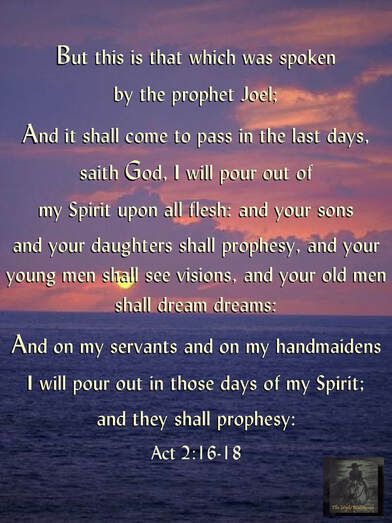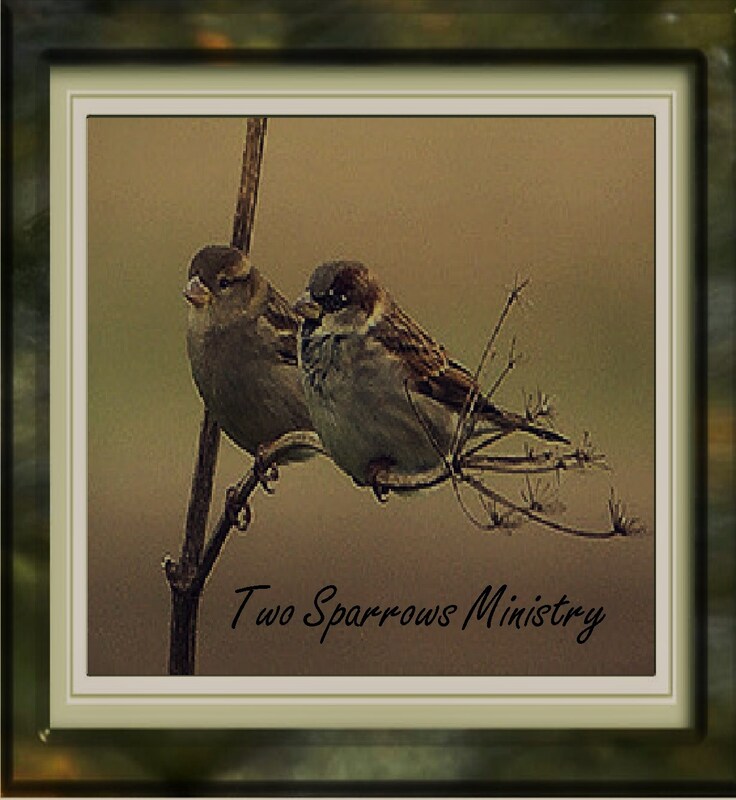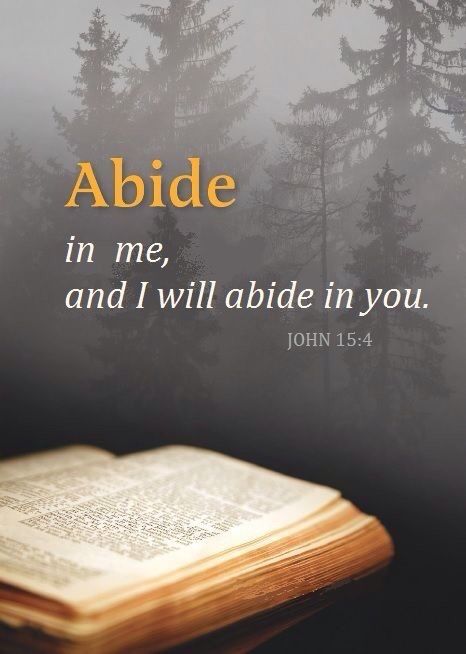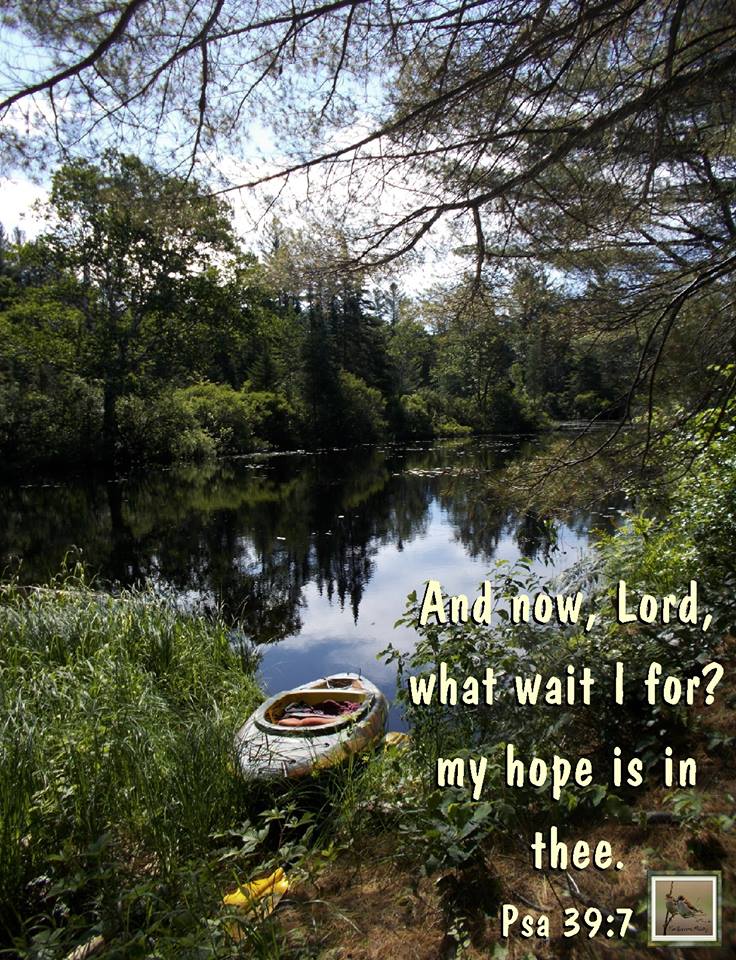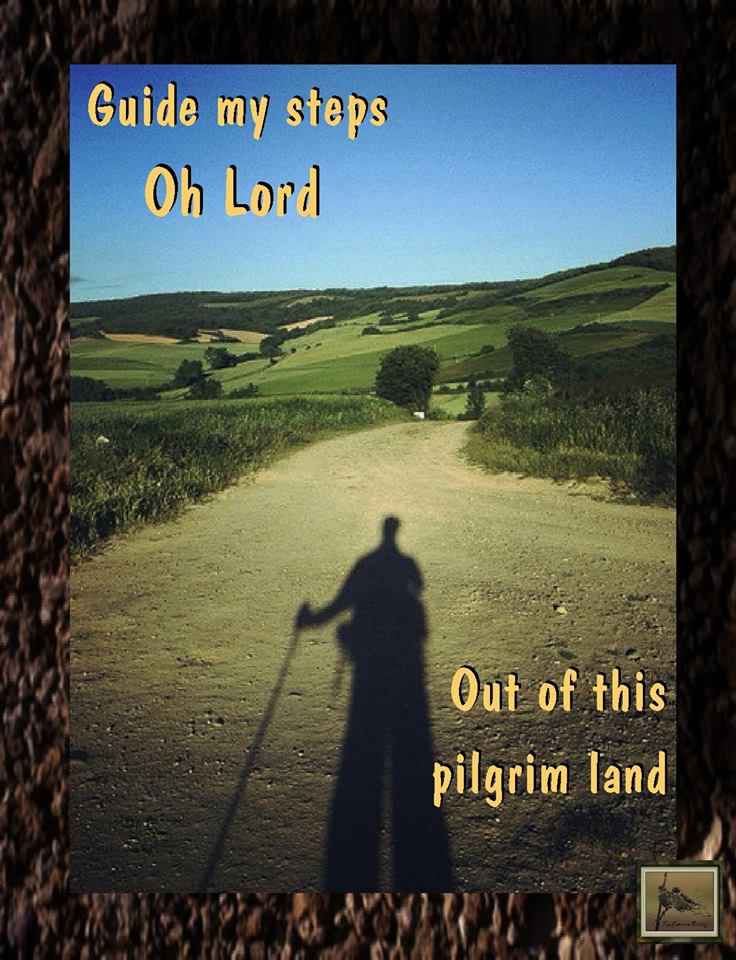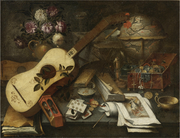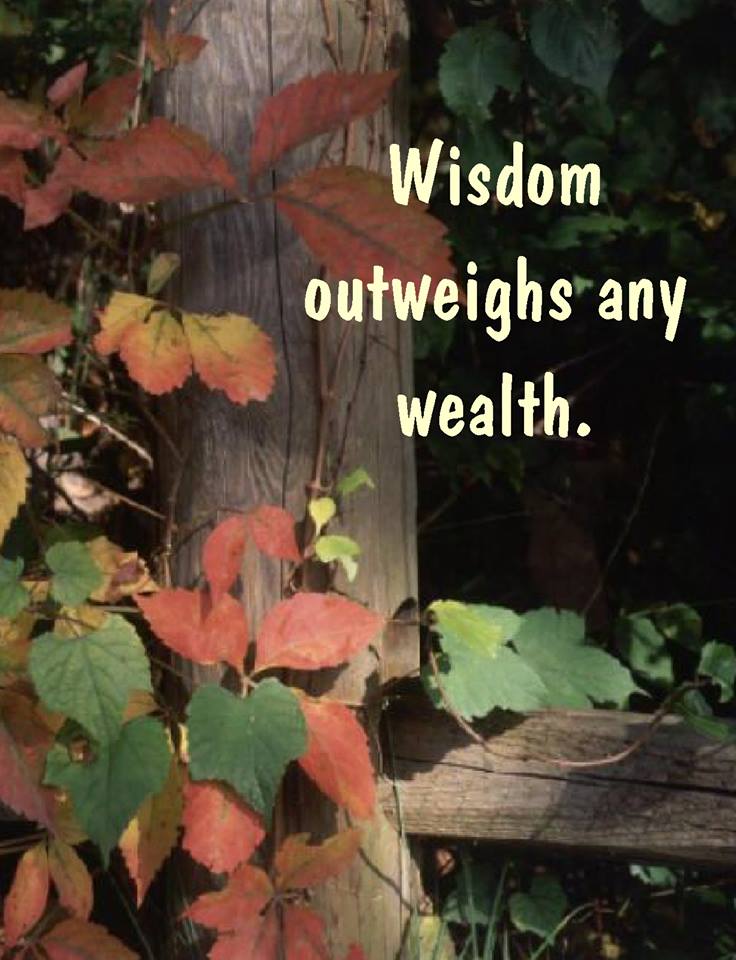Amos-The Herdsman-Prophet
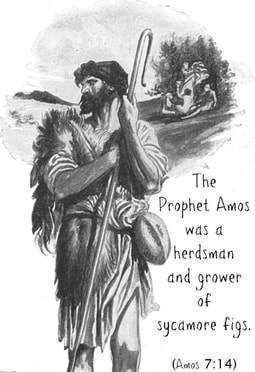
In this short teaching, I'll point out some things about Amos, a chosen prophet of God during the days of Uzziah king of Judah. He is placed among the minor prophets in the bible, but his messages are of equal power, and significance. In the first verse we read:
Amo 1:1 The words of Amos, who was among the herdsmen of Tekoa, which he saw concerning Israel in the days of Uzziah king of Judah, and in the days of Jeroboam the son of Joash king of Israel, two years before the earthquake.
There are several things I'd like to glean from this one verse. It is loaded with insights, that may be missed.
1. He seems to have been among the very lowest orders of life, a herdsman, one who tended the flocks of others in the open fields, and a gatherer of sycamore fruit. Of whatever species this was, whether a kind of fig, it is evident that it was wild fruit; and he probably collected it for his own subsistence, or to dispose of either for the service of his employer, or to increase his scanty wages.
2. In this verse we can see the confirmation that God chooses “the weak things of the world to confound the mighty,” and makes a humble shepherd reprove the arrogance of Israel and her king arising from prosperity (compare 1Sa_17:40).
Further on in ch. 7:14, Amos says this about himself:
Amo 7:14 Then answered Amos, and said to Amaziah, I was no prophet, neither was I a prophet's son; but I was an herdsman, and a gatherer of sycomore fruit:
In this verse he was saying-"I was not, says Amos, of the order of prophets, or educated in their schools, and deriving a livelihood from exercising the public functions of a prophet. I am a shepherd (compare Amo_7:15, “flock”; the Hebrew for “herdsman” includes the meaning, shepherd, compare Amo_1:1) in humble position, who did not even think of prophesying among you, until a divine call impelled me to it."
3. The daily environment of Amos' life was what gave him the keen discernment, and eyes to see the people and land before him-with the eyes of God's wisdom. Amos was not a citizen of the Northern Kingdom, to which he almost exclusively refers; but it was because he went up and down in it, using those eyes which the desert air had sharpened, that he so thoroughly learned the wickedness of its people, the corruption of Israel’s life in every rank and class of society.
4. We see within his speech as we read his messages the tokens of a man, honest and awake. No mincing words, no wasted words, but concise and with the power to cut through the deceptions of those he addressed. He was a realist, one able to cut through and divide a truth from a lie, and describe with clarity, the intentions of the hearts of those he confronted, and exposed. He opened up to them, their own evil intentions, their very hearts-this was the work of God. Making them hear the descriptions of their own conduct, from someone who saw through them with the piercing eyes of indwelt by God.
In the account of Amos, we see the ability of the Holy Spirit to take anyone, no matter what their status in life, and use them. In studying the life of the disciples in the New Testament, we see the same pattern, of God molding and forging the same kind of vessels, fit for the Master's use. Peter, the rough fisherman, Matthew the tax collector, Thomas, the weak in faith.
What God was able to do with Amos, is an example of what the power of God can do through anyone, who will say yes, and obey him. If God calls you, He will equip you.
Lorna Couillard
Amo 1:1 The words of Amos, who was among the herdsmen of Tekoa, which he saw concerning Israel in the days of Uzziah king of Judah, and in the days of Jeroboam the son of Joash king of Israel, two years before the earthquake.
There are several things I'd like to glean from this one verse. It is loaded with insights, that may be missed.
1. He seems to have been among the very lowest orders of life, a herdsman, one who tended the flocks of others in the open fields, and a gatherer of sycamore fruit. Of whatever species this was, whether a kind of fig, it is evident that it was wild fruit; and he probably collected it for his own subsistence, or to dispose of either for the service of his employer, or to increase his scanty wages.
2. In this verse we can see the confirmation that God chooses “the weak things of the world to confound the mighty,” and makes a humble shepherd reprove the arrogance of Israel and her king arising from prosperity (compare 1Sa_17:40).
Further on in ch. 7:14, Amos says this about himself:
Amo 7:14 Then answered Amos, and said to Amaziah, I was no prophet, neither was I a prophet's son; but I was an herdsman, and a gatherer of sycomore fruit:
In this verse he was saying-"I was not, says Amos, of the order of prophets, or educated in their schools, and deriving a livelihood from exercising the public functions of a prophet. I am a shepherd (compare Amo_7:15, “flock”; the Hebrew for “herdsman” includes the meaning, shepherd, compare Amo_1:1) in humble position, who did not even think of prophesying among you, until a divine call impelled me to it."
3. The daily environment of Amos' life was what gave him the keen discernment, and eyes to see the people and land before him-with the eyes of God's wisdom. Amos was not a citizen of the Northern Kingdom, to which he almost exclusively refers; but it was because he went up and down in it, using those eyes which the desert air had sharpened, that he so thoroughly learned the wickedness of its people, the corruption of Israel’s life in every rank and class of society.
4. We see within his speech as we read his messages the tokens of a man, honest and awake. No mincing words, no wasted words, but concise and with the power to cut through the deceptions of those he addressed. He was a realist, one able to cut through and divide a truth from a lie, and describe with clarity, the intentions of the hearts of those he confronted, and exposed. He opened up to them, their own evil intentions, their very hearts-this was the work of God. Making them hear the descriptions of their own conduct, from someone who saw through them with the piercing eyes of indwelt by God.
In the account of Amos, we see the ability of the Holy Spirit to take anyone, no matter what their status in life, and use them. In studying the life of the disciples in the New Testament, we see the same pattern, of God molding and forging the same kind of vessels, fit for the Master's use. Peter, the rough fisherman, Matthew the tax collector, Thomas, the weak in faith.
What God was able to do with Amos, is an example of what the power of God can do through anyone, who will say yes, and obey him. If God calls you, He will equip you.
Lorna Couillard
